COVID Is Fake or Real?
“Covid is fake?” COVID-19 is a pandemic that started in China in 2019 and spread all over the world. This pandemic has killed millions of people and is still ongoing. However, some people still believe that COVID-19 is fake. In this article, we will compare the fake news about Coronavirus with its reality. COVID-19 has had a devastating impact on the world, causing millions of deaths and disrupting economies and societies. However, the development and distribution of safe and effective COVID-19 vaccines has given us hope for the future. By getting vaccinated and boosted, we can protect ourselves and others from COVID-19 and help to end the pandemic.
Fake News About COVID-19

There are many types of fake news about COVID-19. Some common fake news include:
- COVID-19 is a big conspiracy theory.
- COVID-19 vaccine is a microchip.
- There is no cure for COVID-19.
The Reality of COVID-19
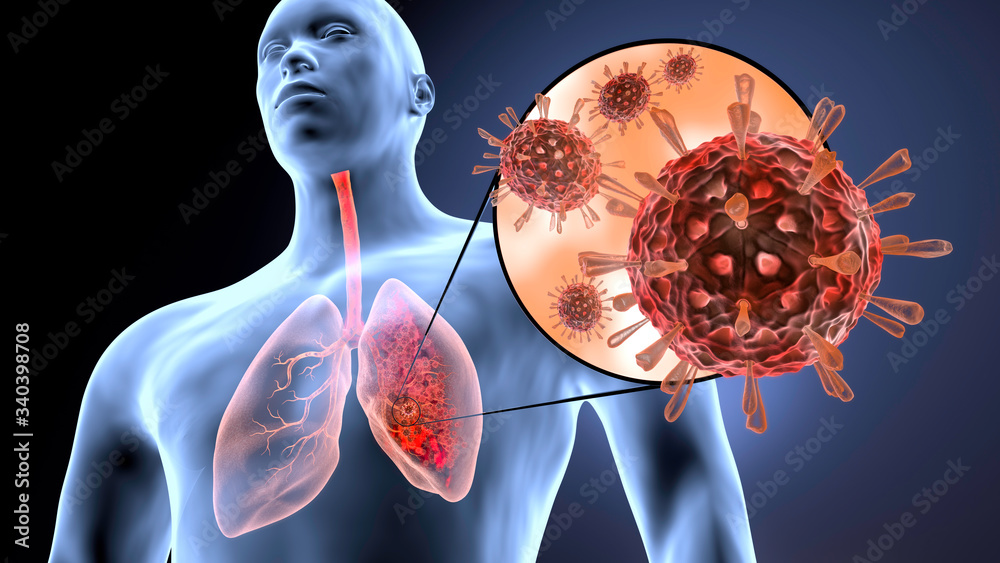
COVID-19 is a real virus that is also known as coronavirus. This virus can spread from one person to another through a powerful cough or sneeze or by touching something that an infected person has touched.
The symptoms of COVID-19 include:
- Fever
- Cough
- Breathlessness
- Fatigue
- Muscle aches
- Headache
- Sore throat
- Loss of taste or smell
- Congestion or runny nose
- Nausea or vomiting
- Diarrhea
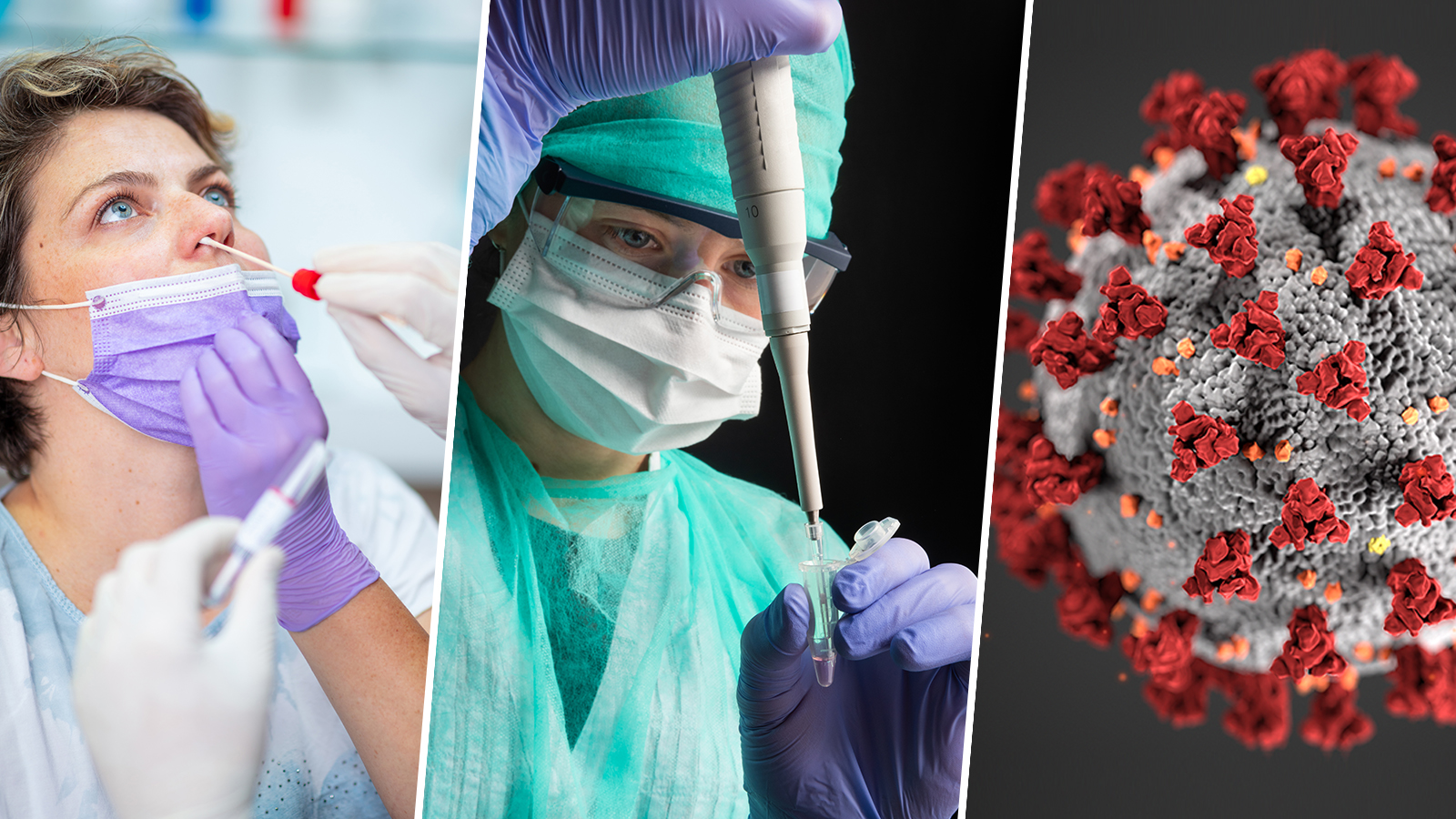
There is no cure for COVID-19, but the vaccine can help prevent it. The vaccine helps a person’s body build immunity to COVID-19, so that if they do get infected, the vaccine can help them fight off the virus.
How to Spot Fake News About COVID-19
It can be difficult to spot fake news about COVID-19, as it is so widespread. Here are some tips on how to spot fake news about COVID-19:
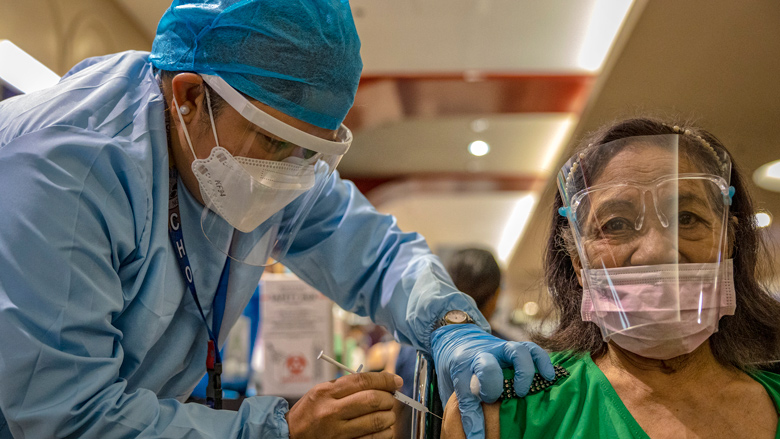
- Check the source. If the source is not a credible news source, the news can be considered fake.
- Check with fact-check websites. There are many fact-check websites that can help you spot fake news about COVID-19.
- Think critically. If a news story seems too good to be true, it probably is.
The Dangers of Fake News About COVID-19
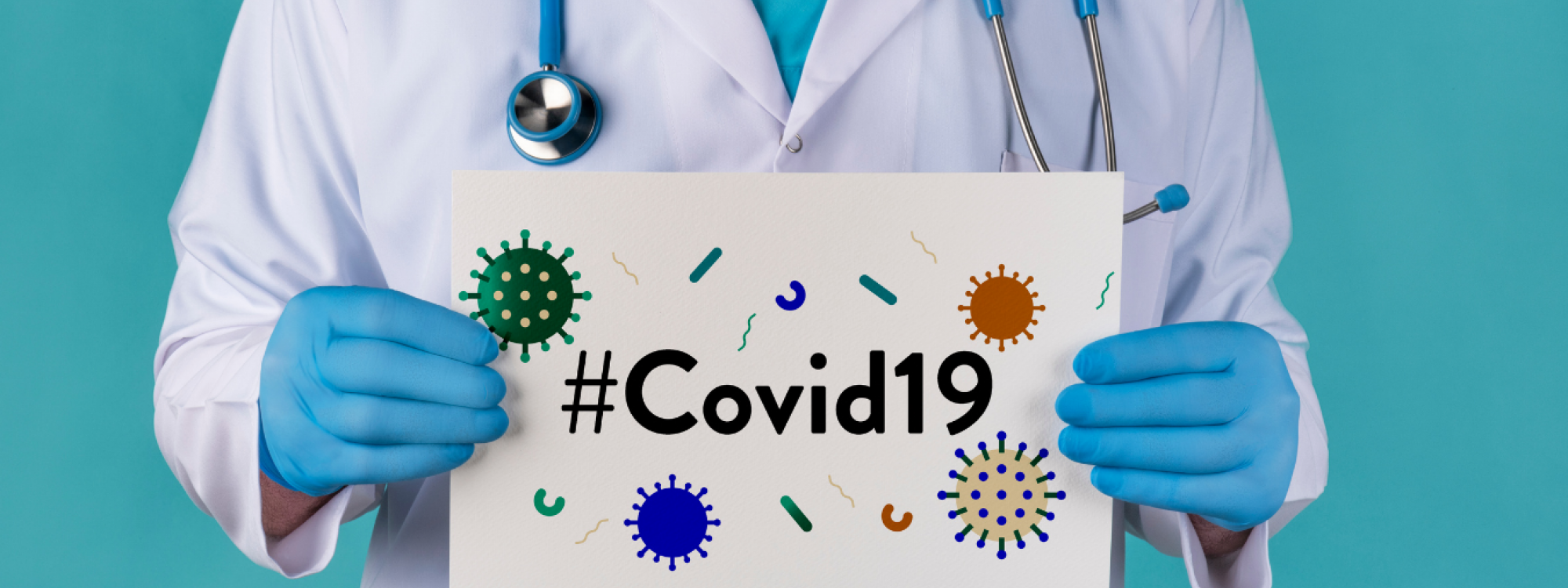
Fake news about COVID-19 can be very dangerous. It can convince people to avoid getting vaccinated, which can make them more susceptible to COVID-19. It can also prevent people from seeking treatment for COVID-19, which can lead to death.
Conclusion
COVID-19 is a real pandemic. It is not a conspiracy theory. It is important to avoid fake news about COVID-19 and to get information about COVID-19 from credible sources.
Additional Tips to Avoid Fake News About COVID-19
:max_bytes(150000):strip_icc()/coronavirus-test-AdobeStock_228118399-50ecfdd0666543bab13cfe7438c96144.jpg)
- Be skeptical of headlines that are sensational or all caps.
- Be wary of articles that share personal opinions or anecdotes as if they are facts.
- Be careful of articles that try to sell you something.
- Do your own research to verify information before sharing it with others.
Report Fake News About COVID-19
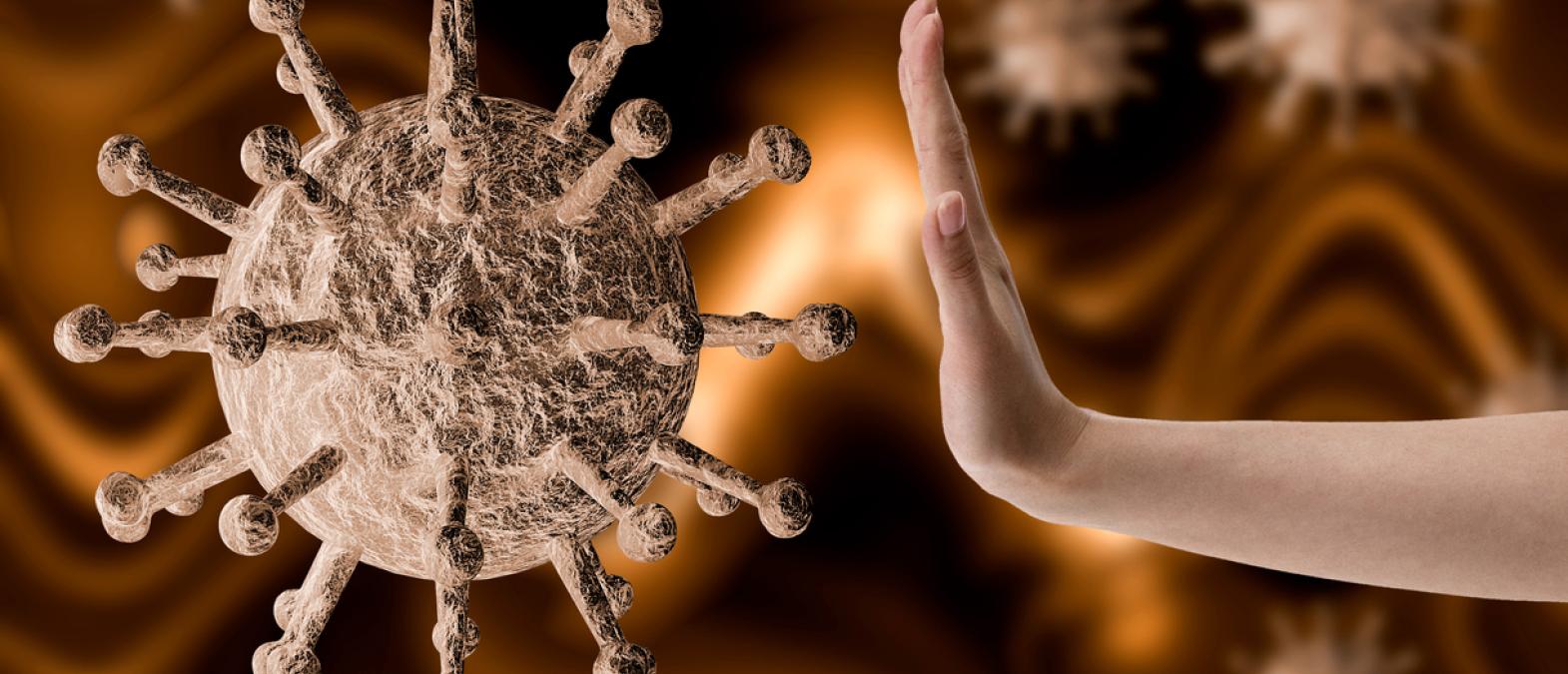
If you see fake news about COVID-19, you can report it to the social media platform where you saw it. You can also report it to fact-check websites or to your local news organization.
By following these tips, you can help to stop the spread of fake news about COVID-19 and protect yourself and others from this dangerous virus.














